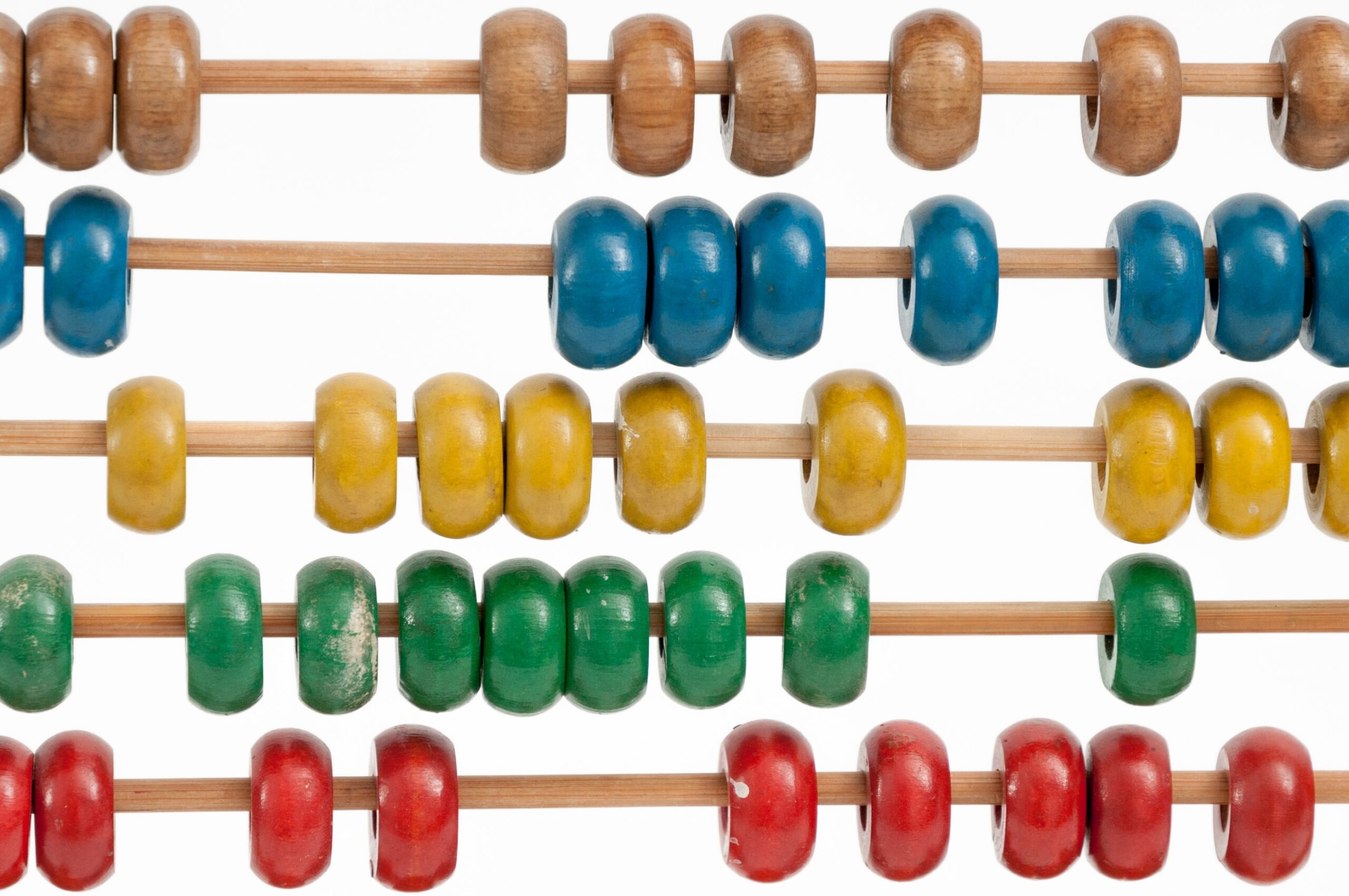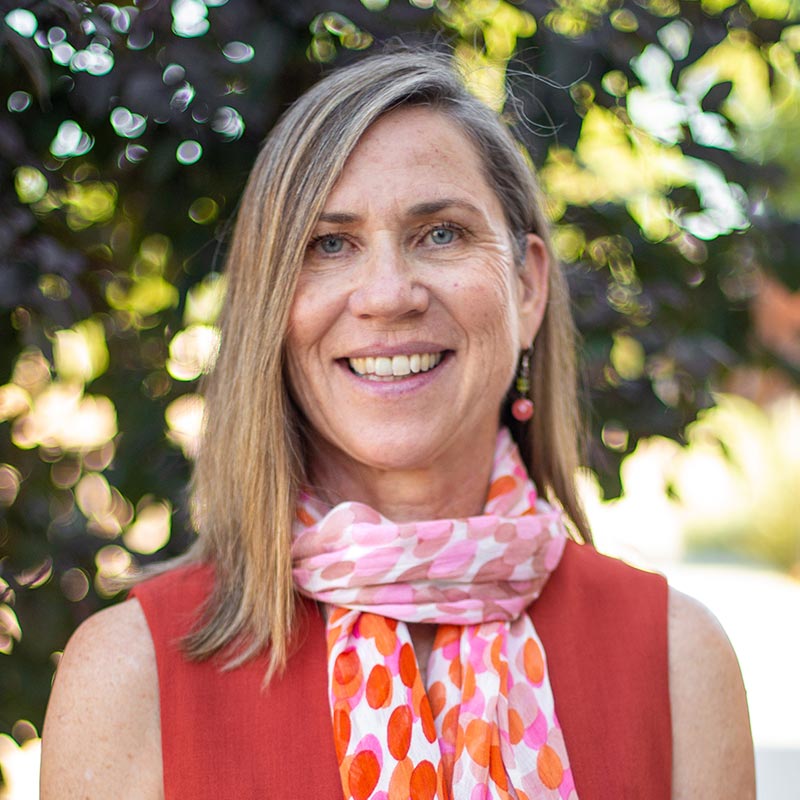The scarcity mindset is pervasive in the nonprofit sector. Of course, not just the nonprofit sector falls prey to scarcity thinking. It’s all around us. But, it’s common across the sector because of the very real financial and capacity constraints for leaders and their organizations striving to save and change lives.

Scarcity vs. enough
From “either-or” to “together”
Thanks to Stanford Social Innovation Review, I’ve recently been reacquainting myself with Dr. Paul Farmer’s work in the world. He made a keen observation that “socialization for scarcity has us pitting one good thing against another — prevention versus treatment, nurses versus doctors, emergency response versus development. It’s a curious pathology that comes from us.” What I appreciate about this hard truth is that we are all swimming in this sea of lack. A place where our unchecked assumptions keep us competing with one another in an unending battle of “either-or.”
So, as we turn our sights toward the season of giving and, even more important, the season of gratitude, I’d like to encourage us to notice when and how we might be engaging in an “us versus them” mindset or a “this versus that” thinking and, instead, explore how we can see each other as partners in accomplishment. We are in this world together. Philanthropy is derived from the Greek Philanthropos, and literally means the “love of mankind.” I appreciate Farmer’s ideal and his instruction: People looking out for each other is the only way forward.
To help, I’m calling on author and activist Lynne Twist, whose book The Soul of Money lays out a transformative thesis grounded in two core ideas: the great lie of scarcity and the radical truth of sufficiency.
Her premise is this—there are three unconscious assumptions to which we all fall prey:
(1)There’s not enough to go around; (2) so, me and mine must get ours; (3) and that is just the way that it is.
Left unexamined, these assumptions drive us to seek more of what we don’t need personally and professionally.
The second element is the radical truth of sufficiency. So often, I hear folks talk about abundance. It may be vogue to embrace abundance and strive to live into the idea of “more than.” But Twist’s power lives in the idea of enough. Not more, not less, but simply—and powerfully—ENOUGH.
Each of us gets to decide for ourselves and our organizations where that threshold lies. Twist’s invitation is this: when we let go of trying to get more than we need, we free up oceans of energy to make a difference with what we have.
Consider what is enough. Because our futures are inextricably knitted together, let’s look out for each other—seeing one another as common ambassadors for good. Together, we become the change we seek to make in the world.
